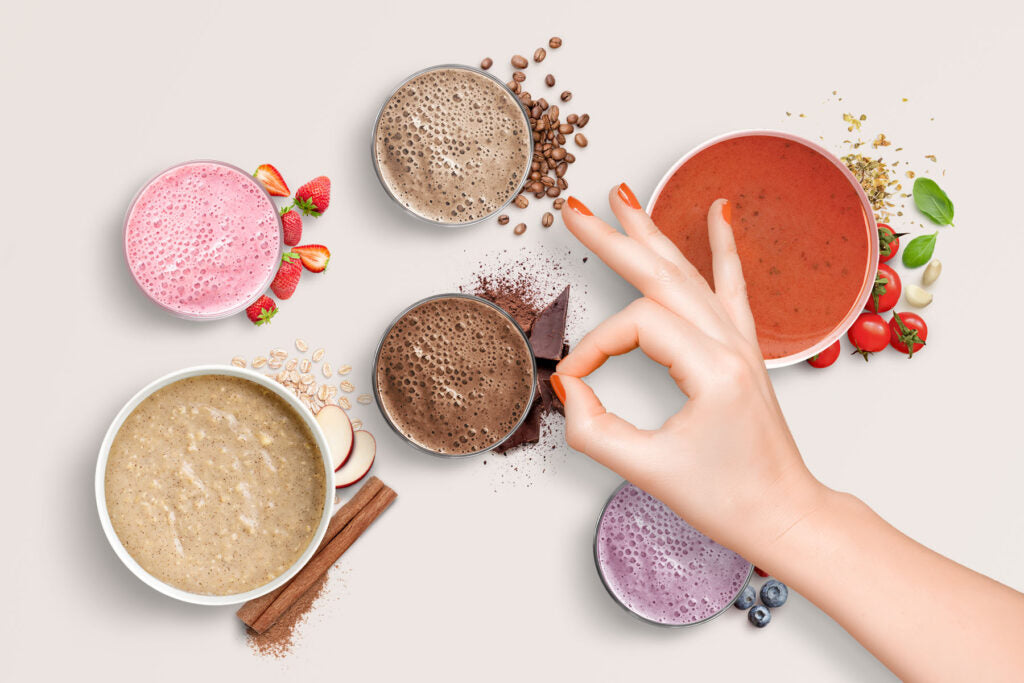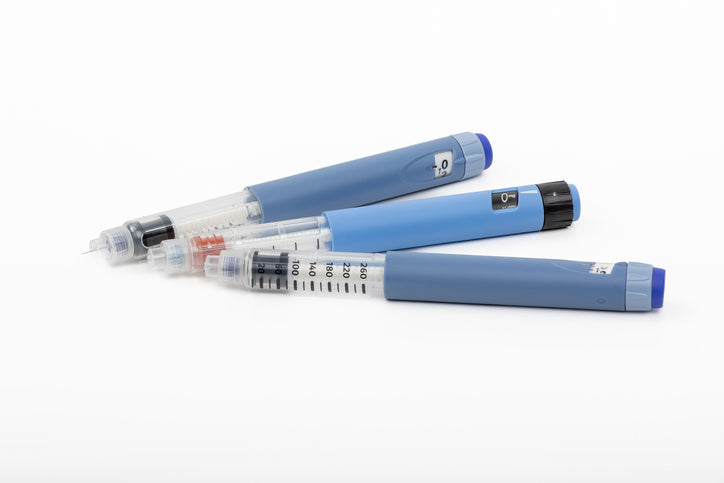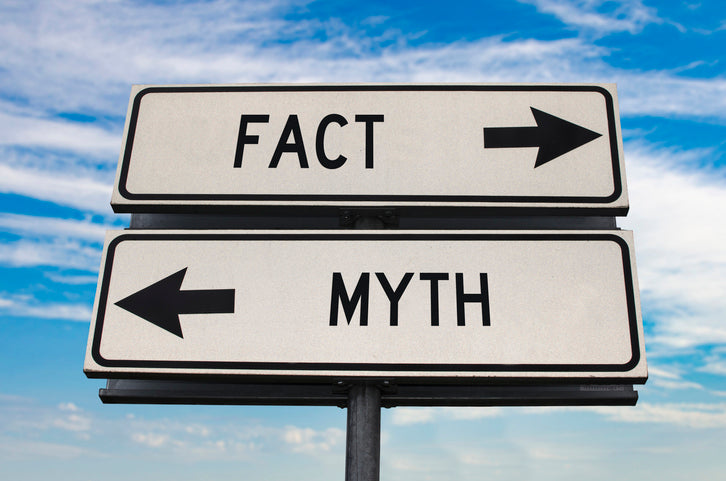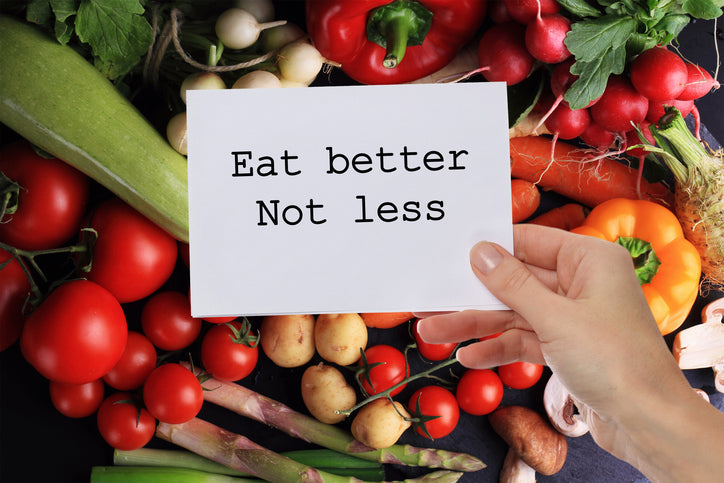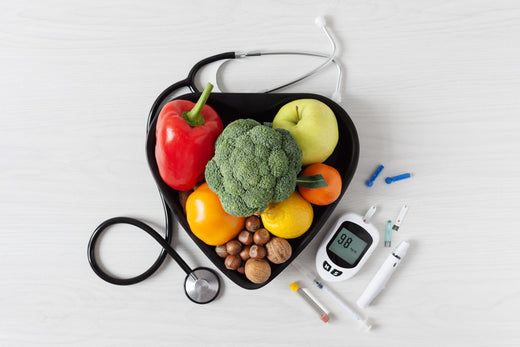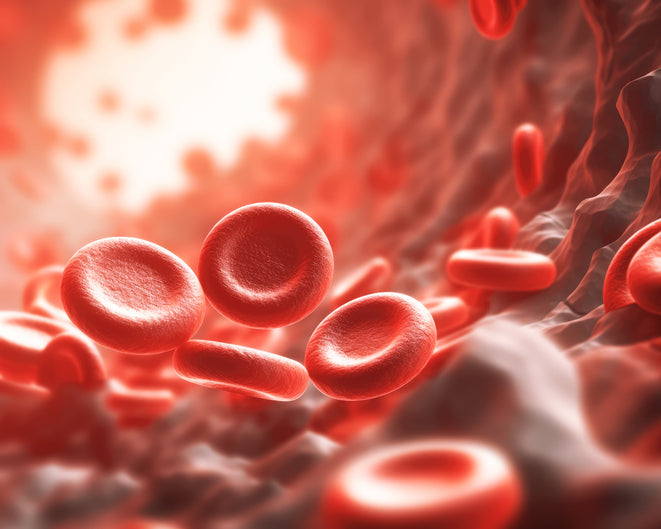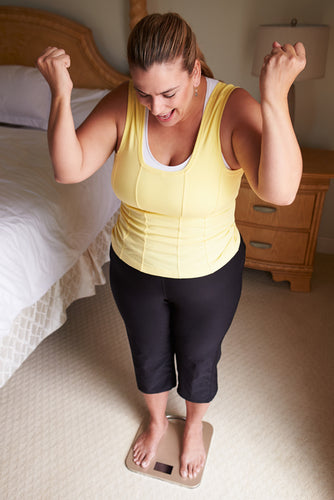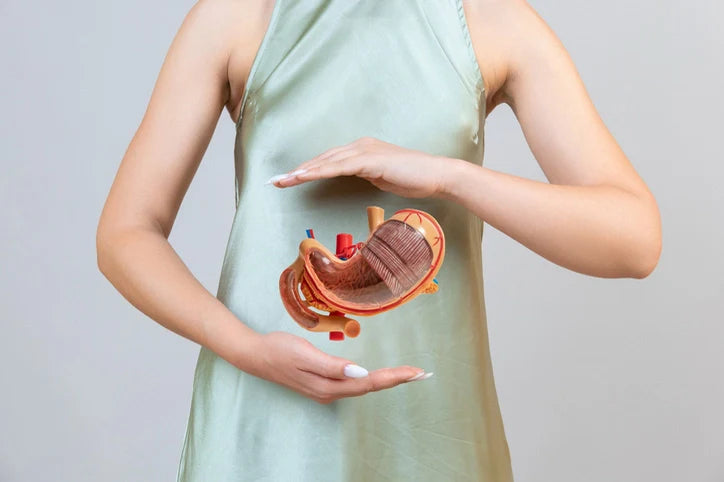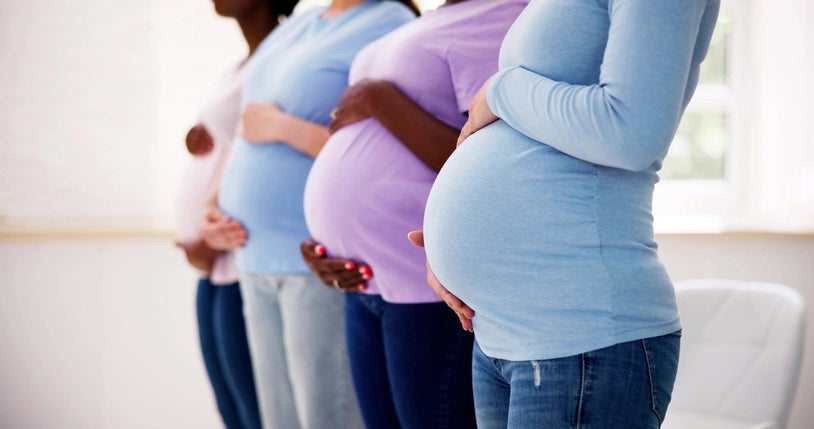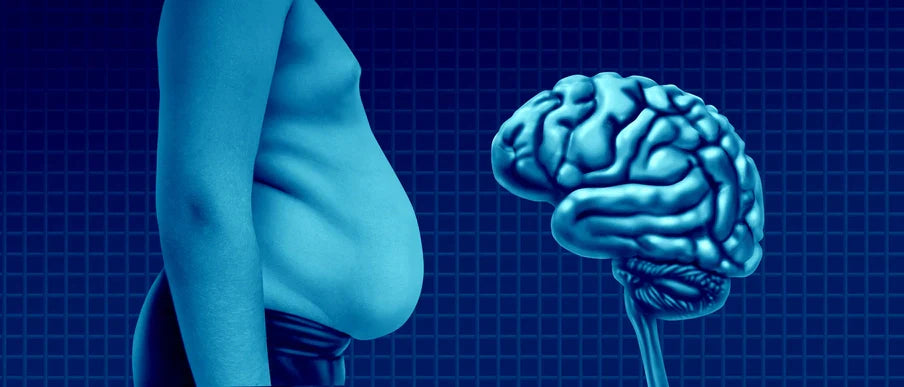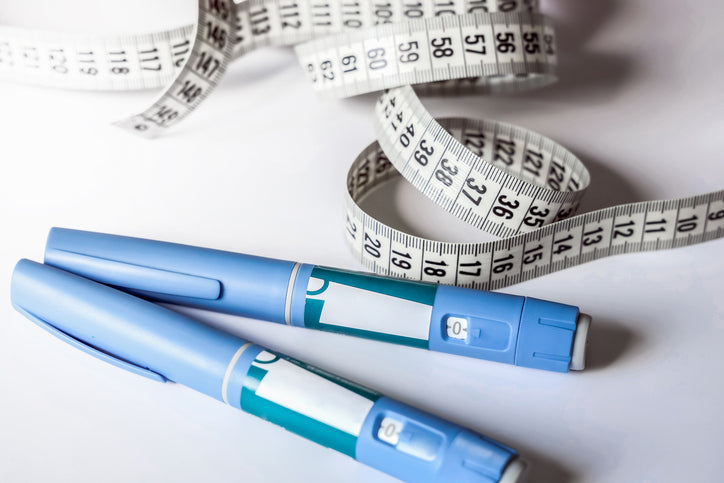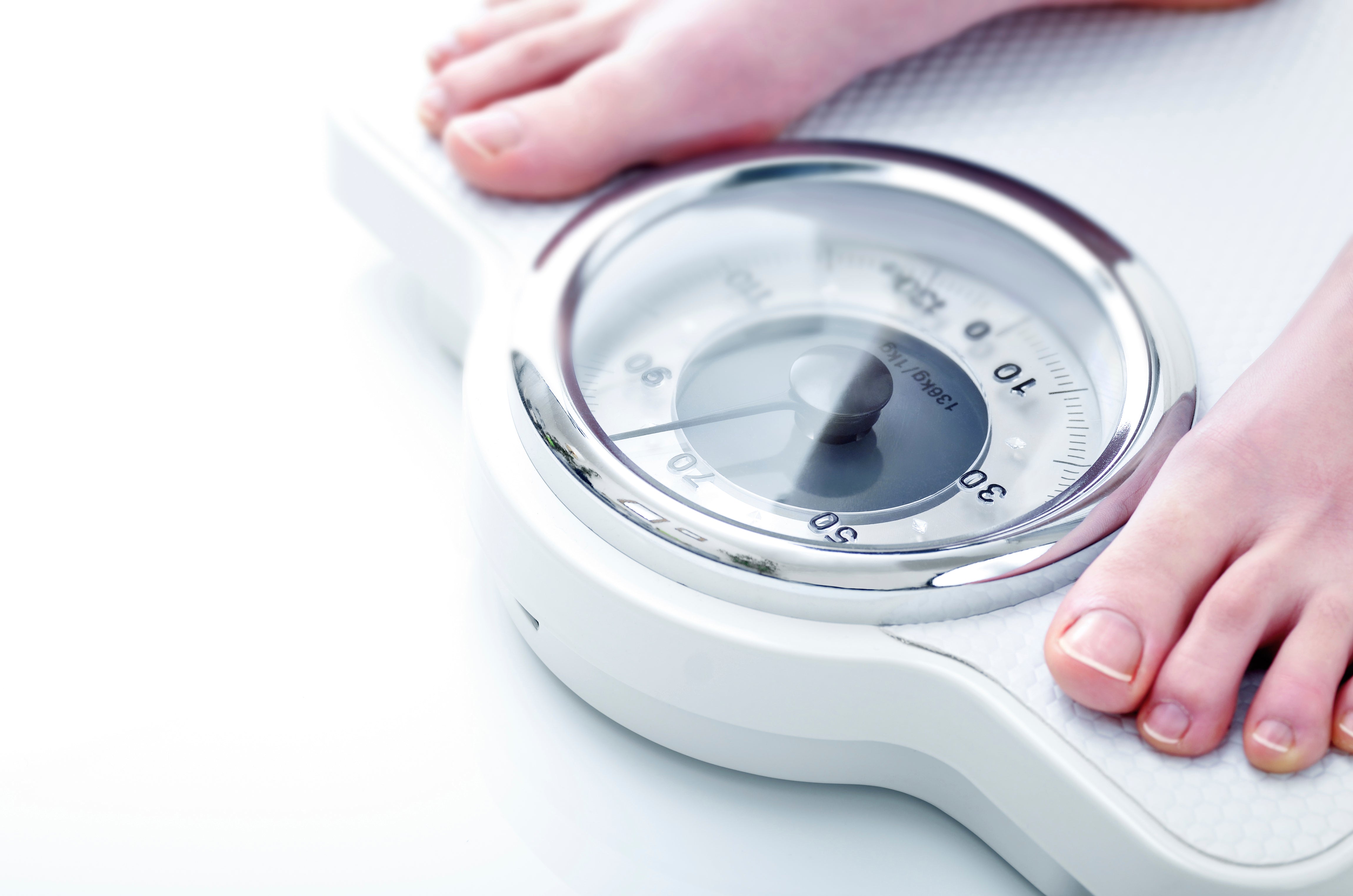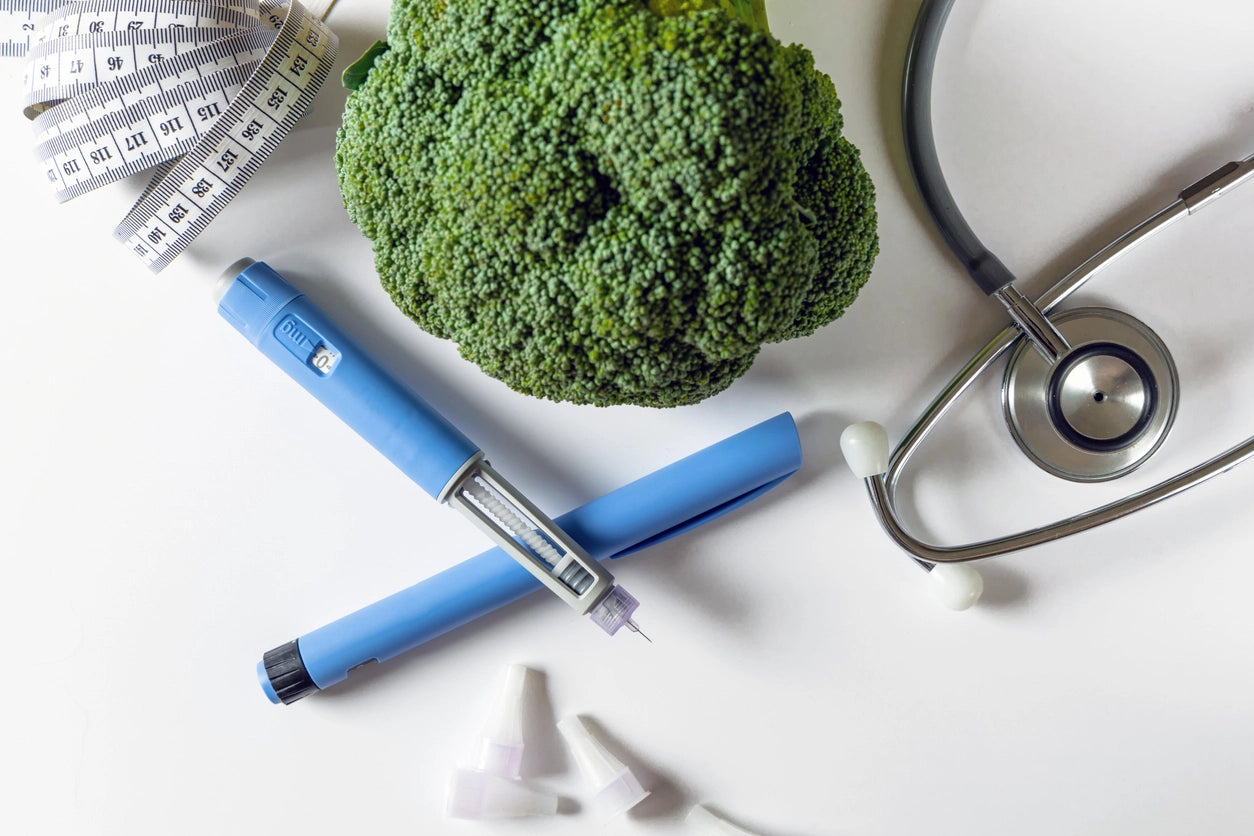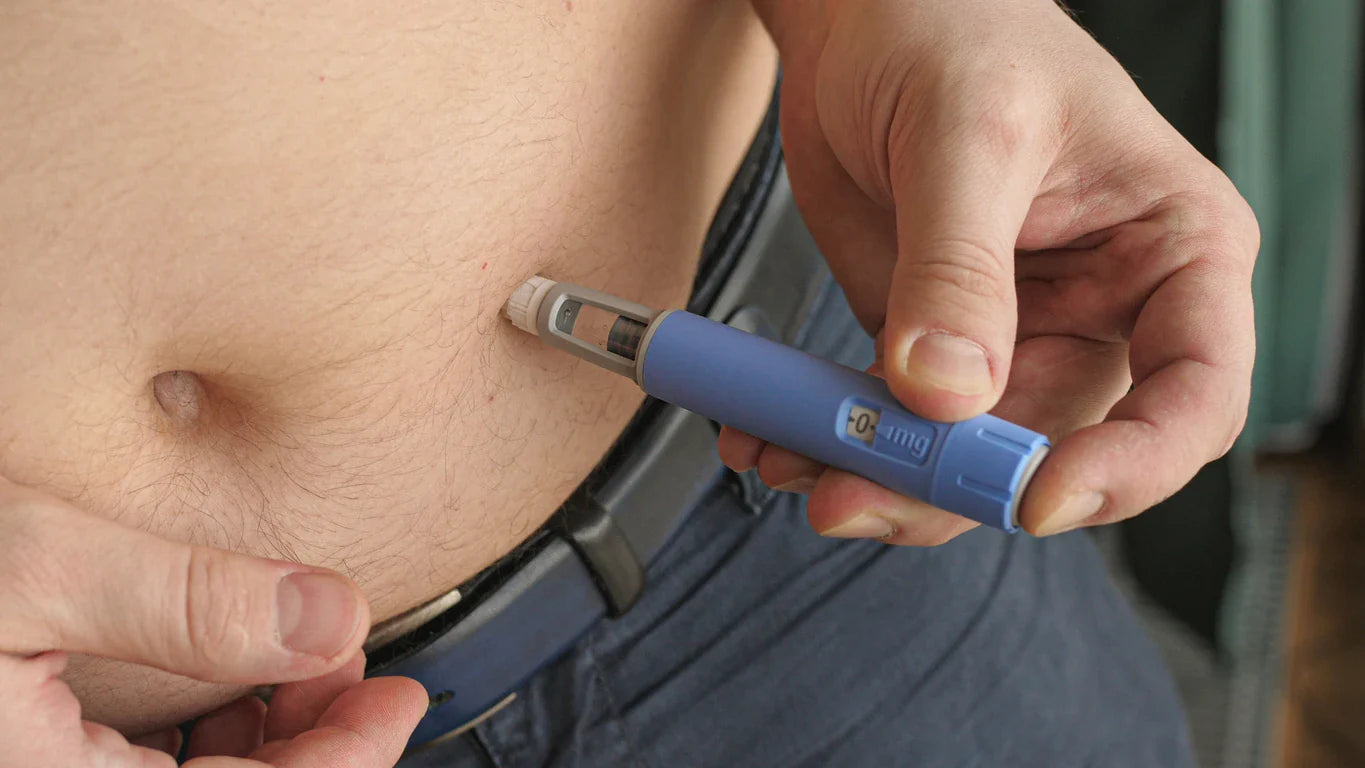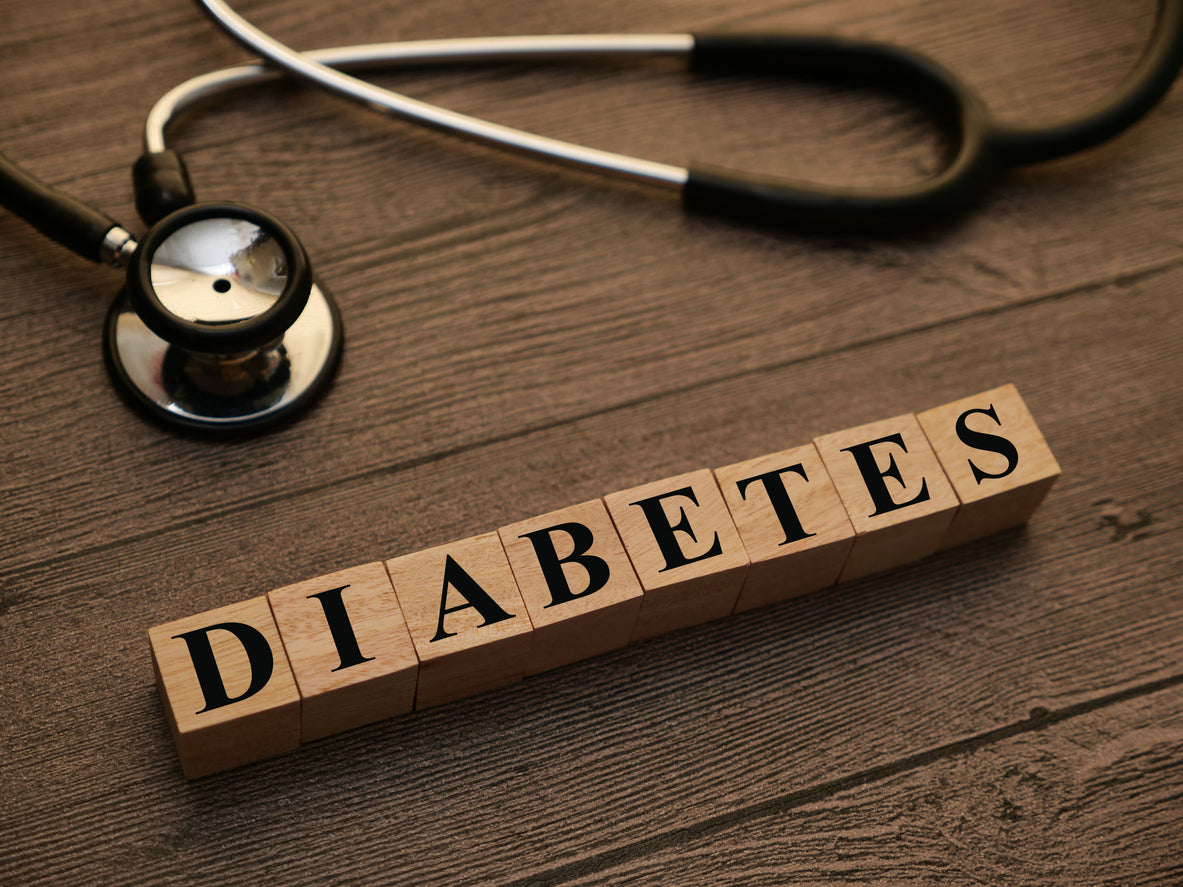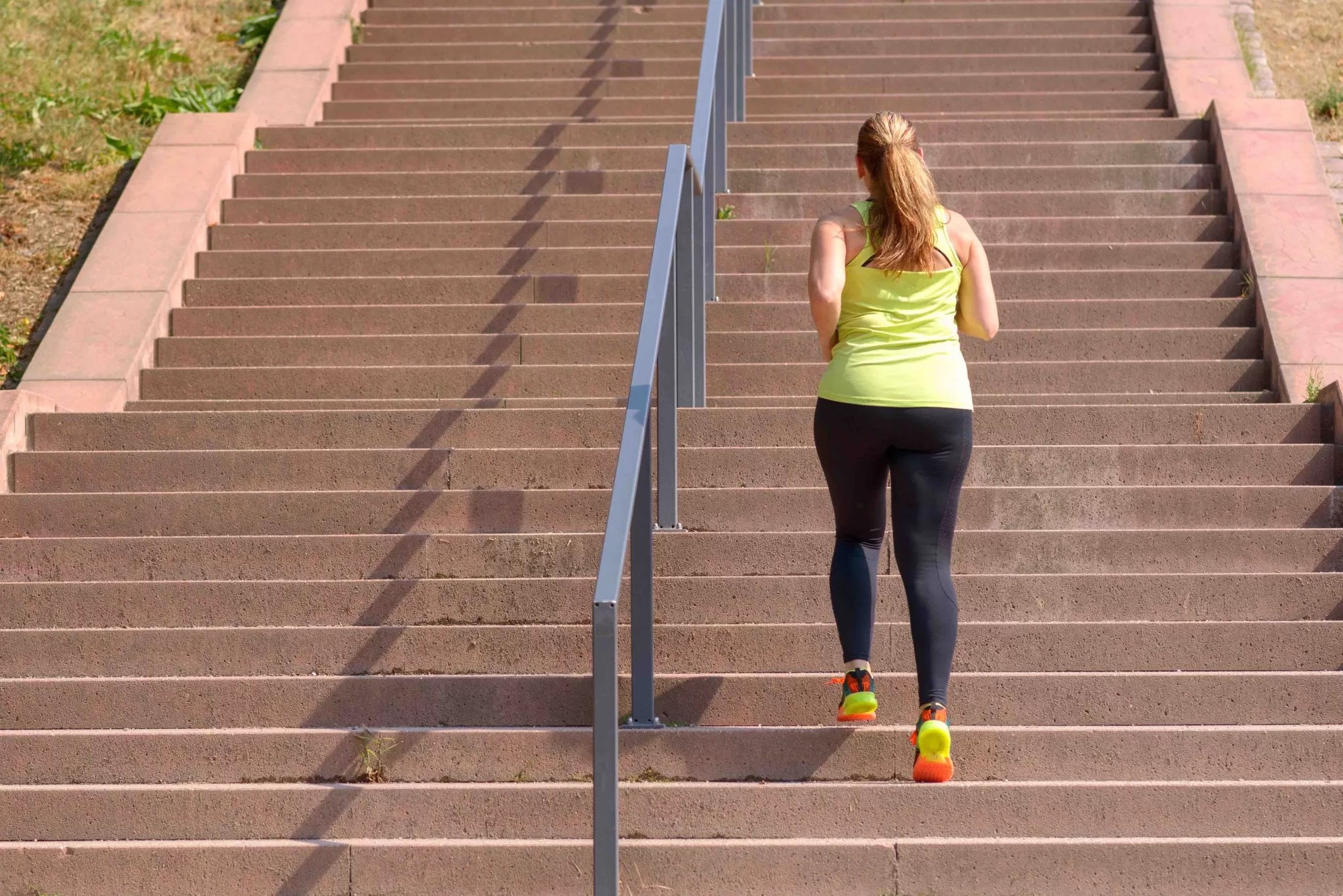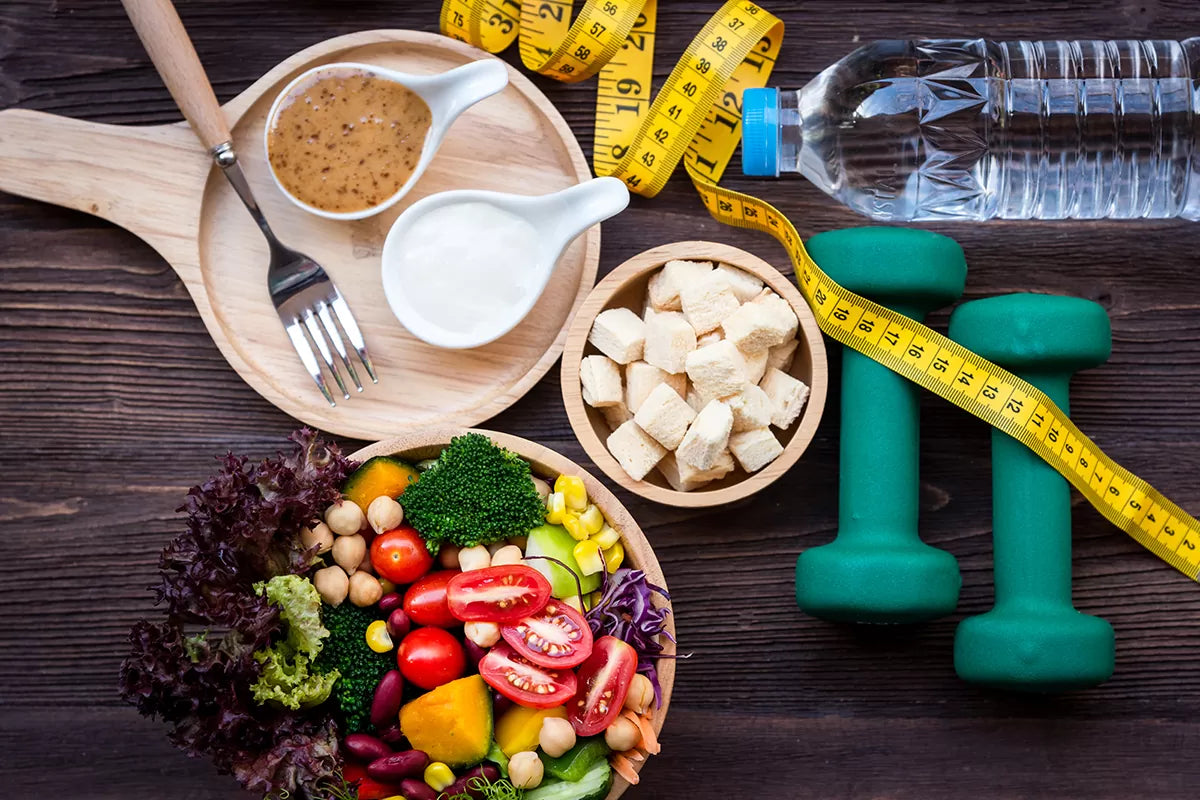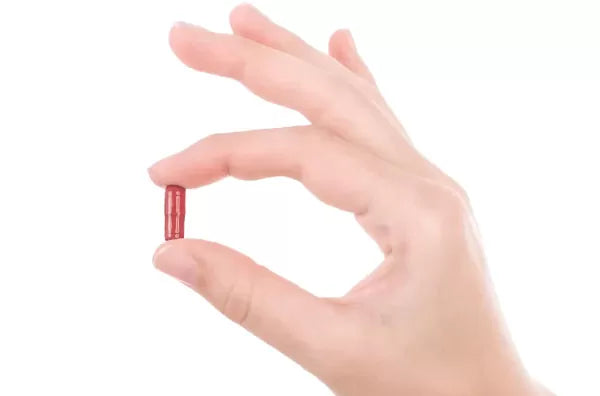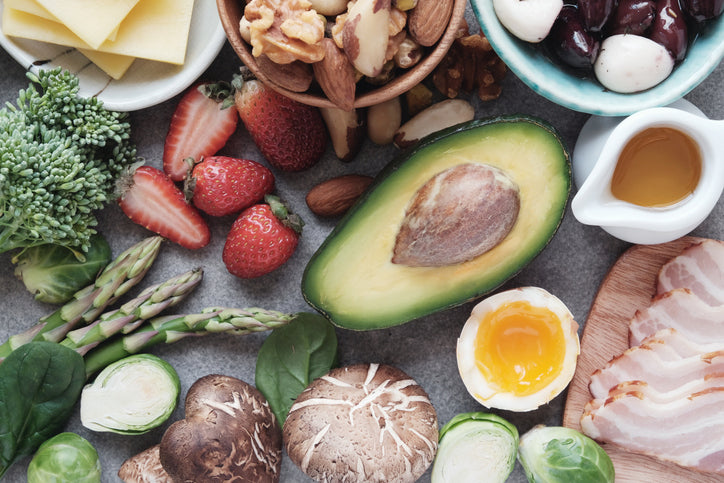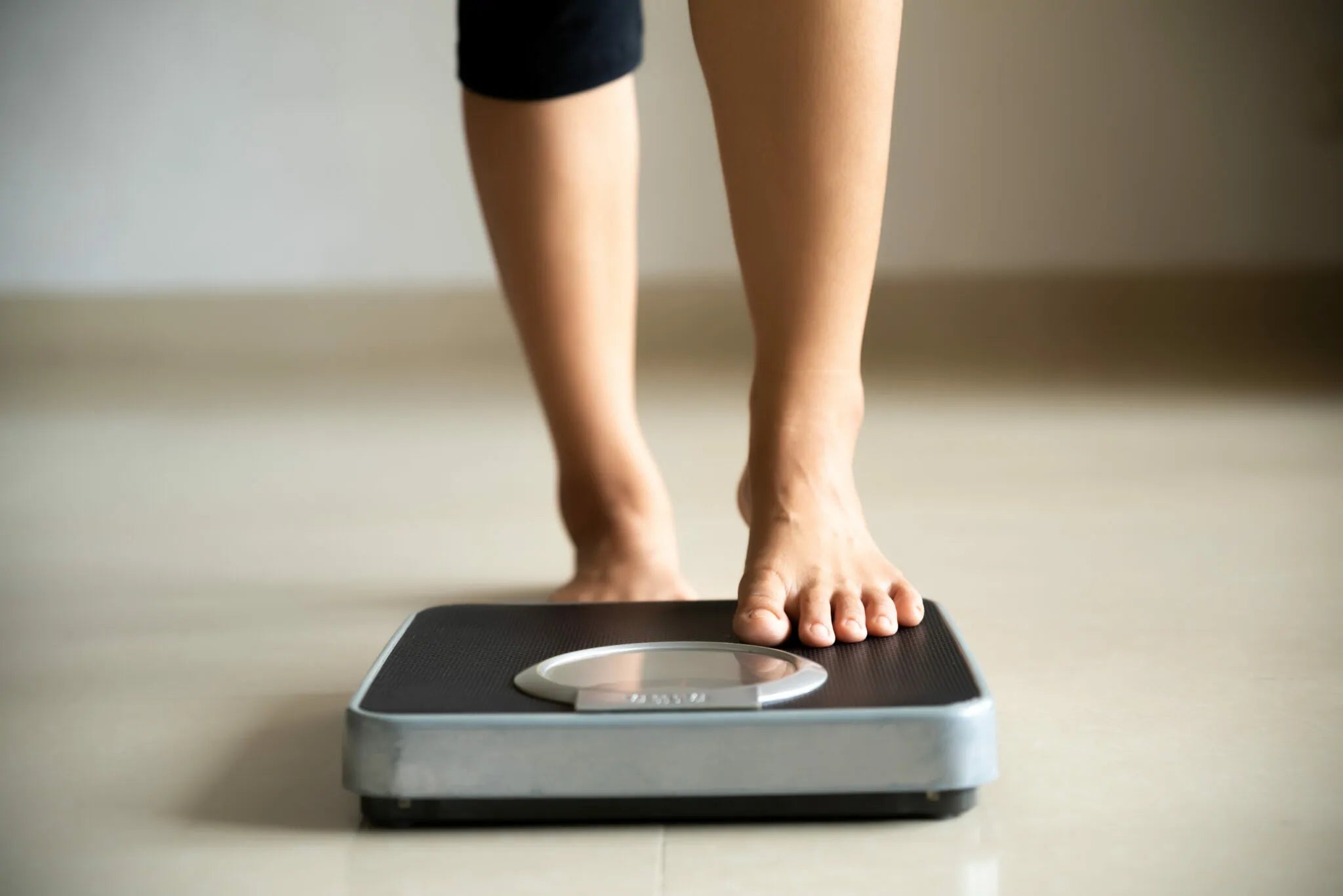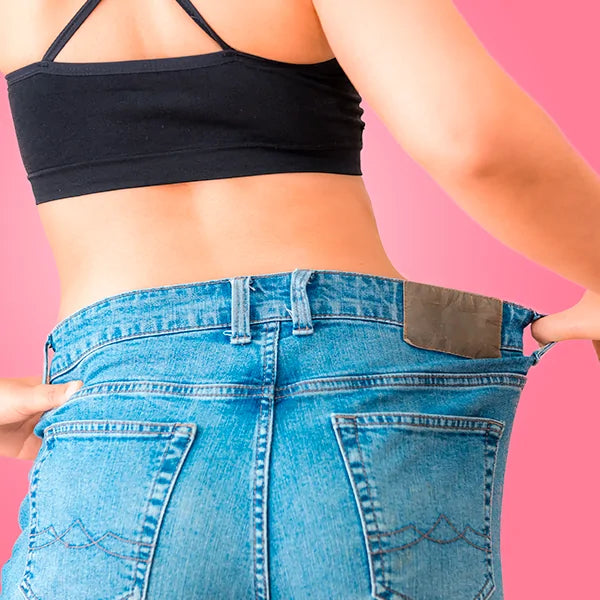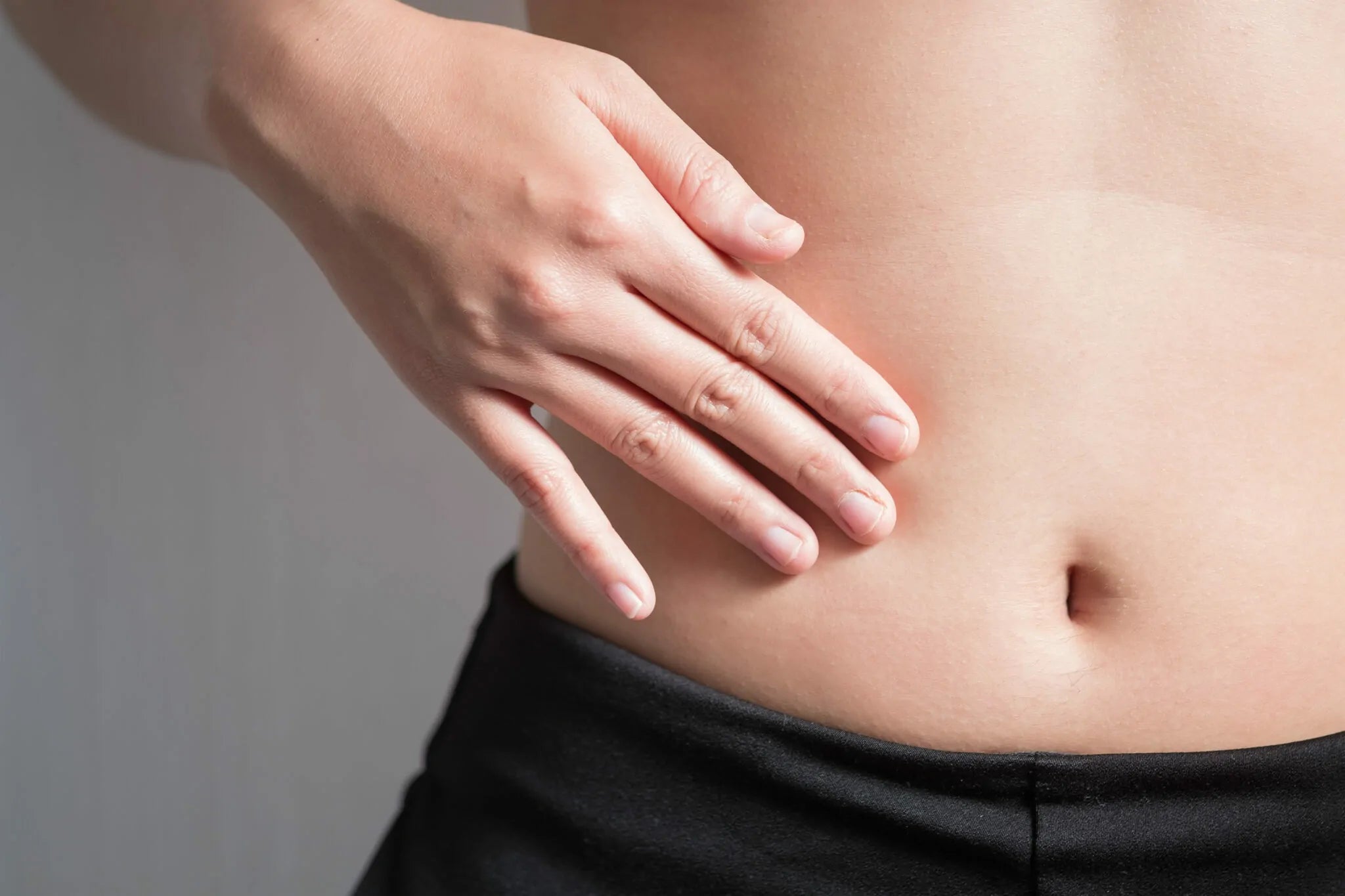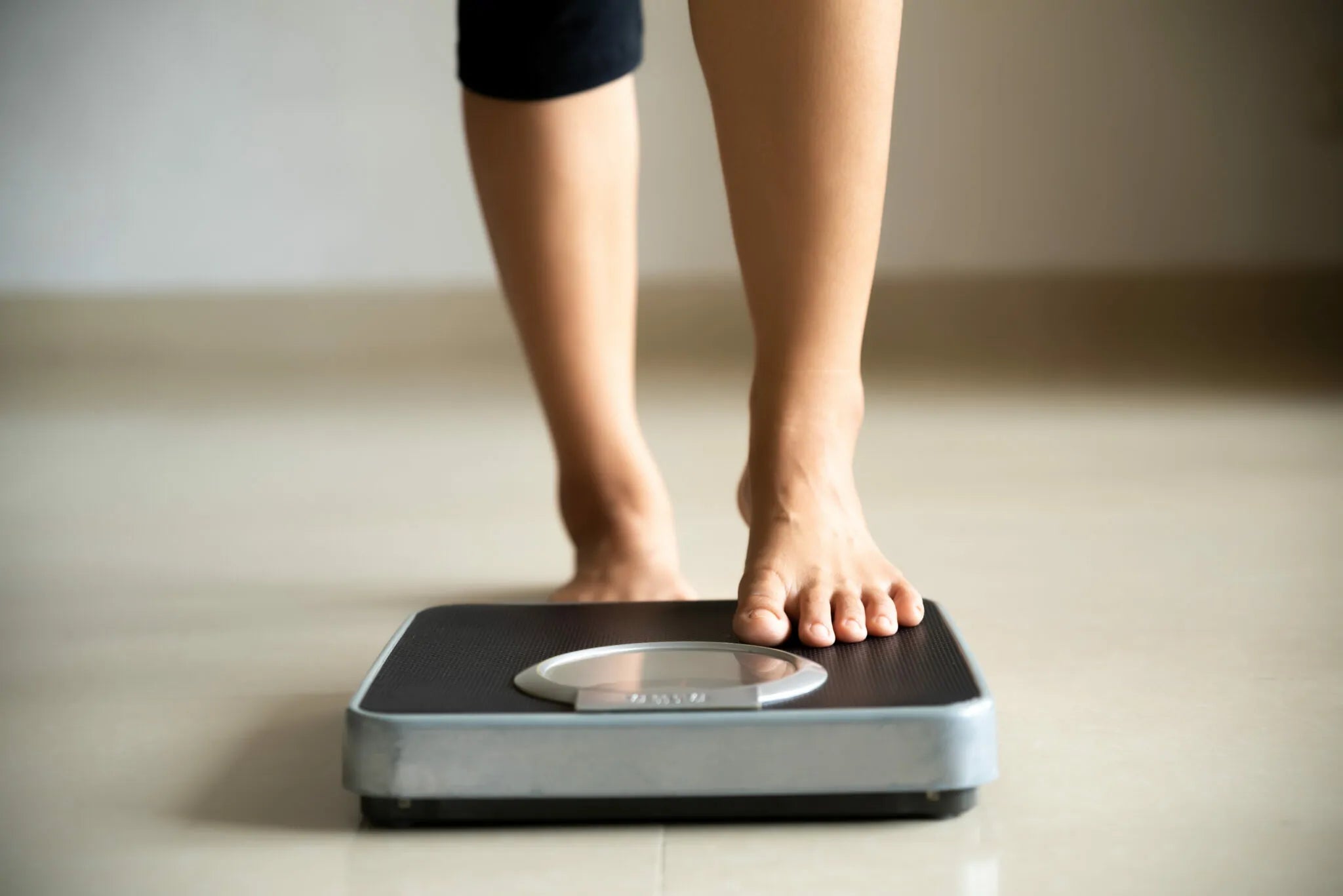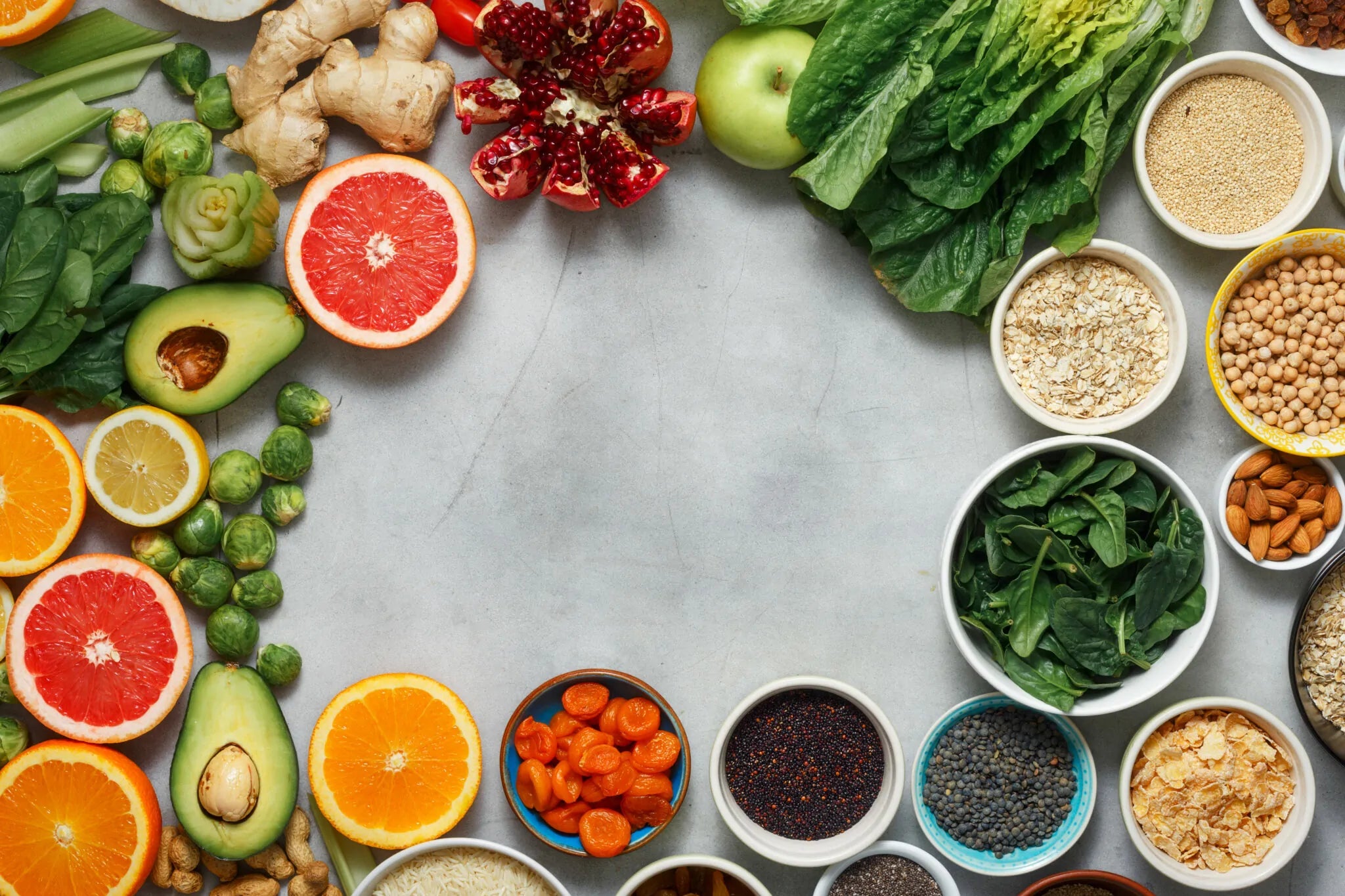Imagine a future where type 2 diabetes can be put into remission through a simple yet effective diet.
This is precisely what a new and groundbreaking program from the NHS promises. With a daily total meal replacement of just 800 calories, nearly a third of participants have experienced remission of their diabetes. This innovative program, which includes personalized support and tailored guidance, could be a game-changer for thousands of people.
In the article, "NHS soup and shake diet can beat type 2 diabetes," the NHS has launched an innovative program where a diet consisting of soups and shakes at 800 calories per day has shown the potential to put type 2 diabetes into remission for a significant portion of participants. The program, offered for free through the NHS, not only includes the diet but also provides tailored dietary and exercise guidance, as well as ongoing support from healthcare professionals, either in person or online.
The program is aimed at individuals aged 18 to 65 who have been diagnosed with type 2 diabetes within the last six years and have a BMI over 27 kg/m² (or over 25 kg/m² for certain ethnic groups). The results show that about a third of the participants who completed the year-long program lost an average of 16 kg and achieved remission of their diabetes. Experts, however, emphasize that while the program can be life-changing, it requires significant discipline to adhere to the strict diet.
Both NHS and Diabetes UK point out that success with the program may depend on individual support and motivation. Weight loss has well-documented health benefits, especially for people with type 2 diabetes, as it can reduce fat accumulation around the pancreas, improve insulin production, and thus help regulate blood sugar levels.

In the second article, "NHS ‘soup and shake’ diet puts almost a third of type 2 diabetes cases in remission," new figures show that a third of participants have achieved remission of their type 2 diabetes. The program, originally offered to 10,000 people annually, is based on a strict low-calorie diet where participants consume meal replacement products such as soups, shakes, and snack bars for three months. After this initial phase, participants receive support to gradually reintroduce healthy and varied foods into their diet, along with help in maintaining their weight loss.
The study, which analyzed data from 1,740 people, shows that 945 completed the full 12-month program. Among these, 32% achieved remission of their diabetes, defined as sustained normal blood sugar levels. The average weight loss in this group was 15.9 kg, with some participants losing up to 17.4 kg.
The impressive results have led the NHS to consider a significant expansion of the program, potentially including up to 50,000 people over the next five years. This would involve doubling the program's current capacity and investing £13 million in 2024 to ensure that more patients can benefit from this effective treatment.
Dr. Clare Hambling, NHS England's National Clinical Director for Diabetes and Obesity, describes the results as "life-changing" for many participants. Diabetes UK also highlights that the program, which is the result of over a decade of research, has put type 2 diabetes remission on the agenda as a realistic goal for many patients. This success underscores the importance of support and follow-up to ensure that remission is sustained and that patients can maintain their health benefits in the long term.
Sources:
The Guardian. (2024, August 5). NHS soup and shake diet puts almost a third of type 2 diabetes cases in remission. https://www.theguardian.com/society/article/2024/aug/05/nhs-soup-and-shake-diet-puts-almost-a-third-of-type-2-diabetes-cases-in-remission
BBC News. (2024, August 6). NHS soup and shake diet can beat type 2 diabetes. https://www.bbc.co.uk/news/articles/czjyy7280lzo










